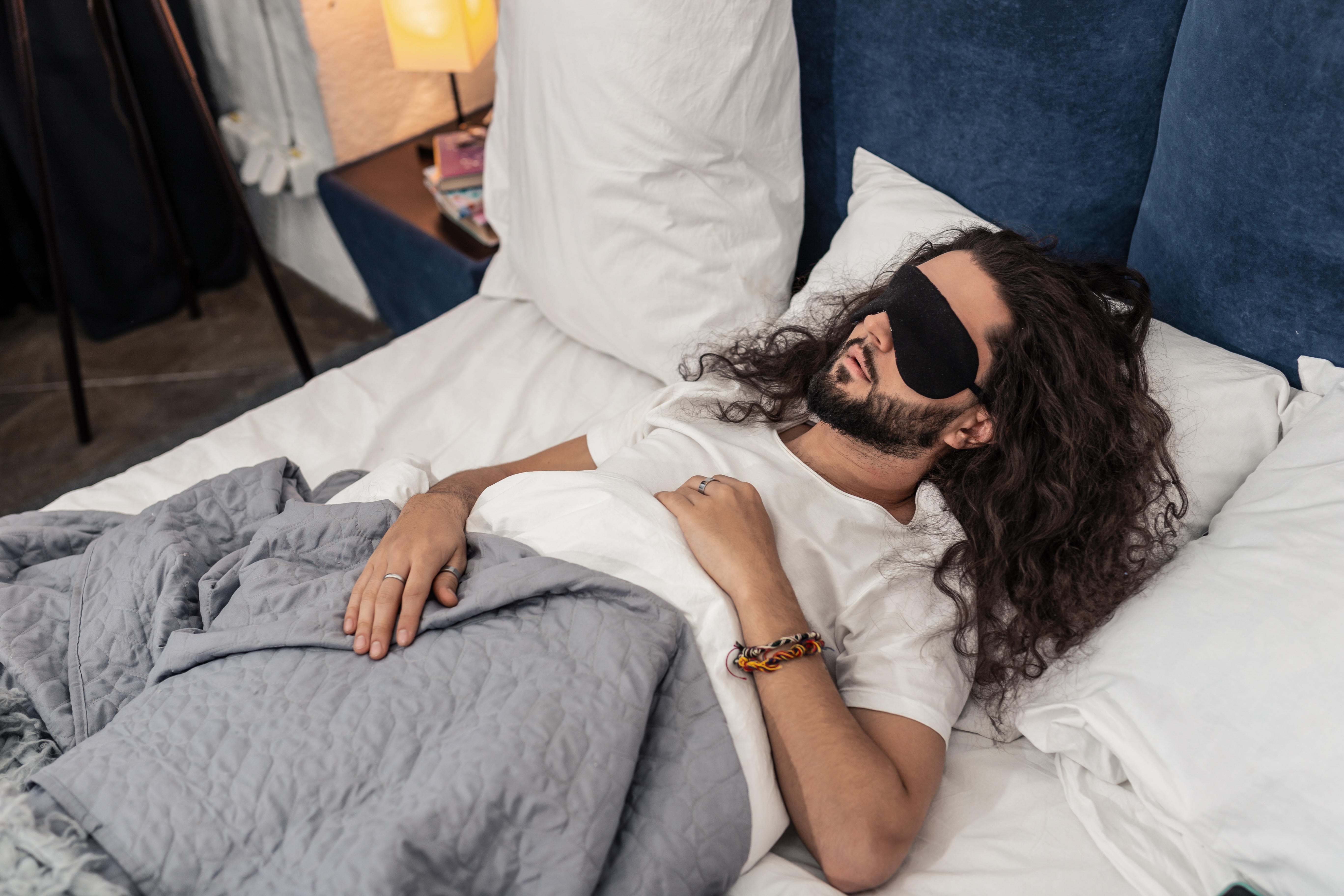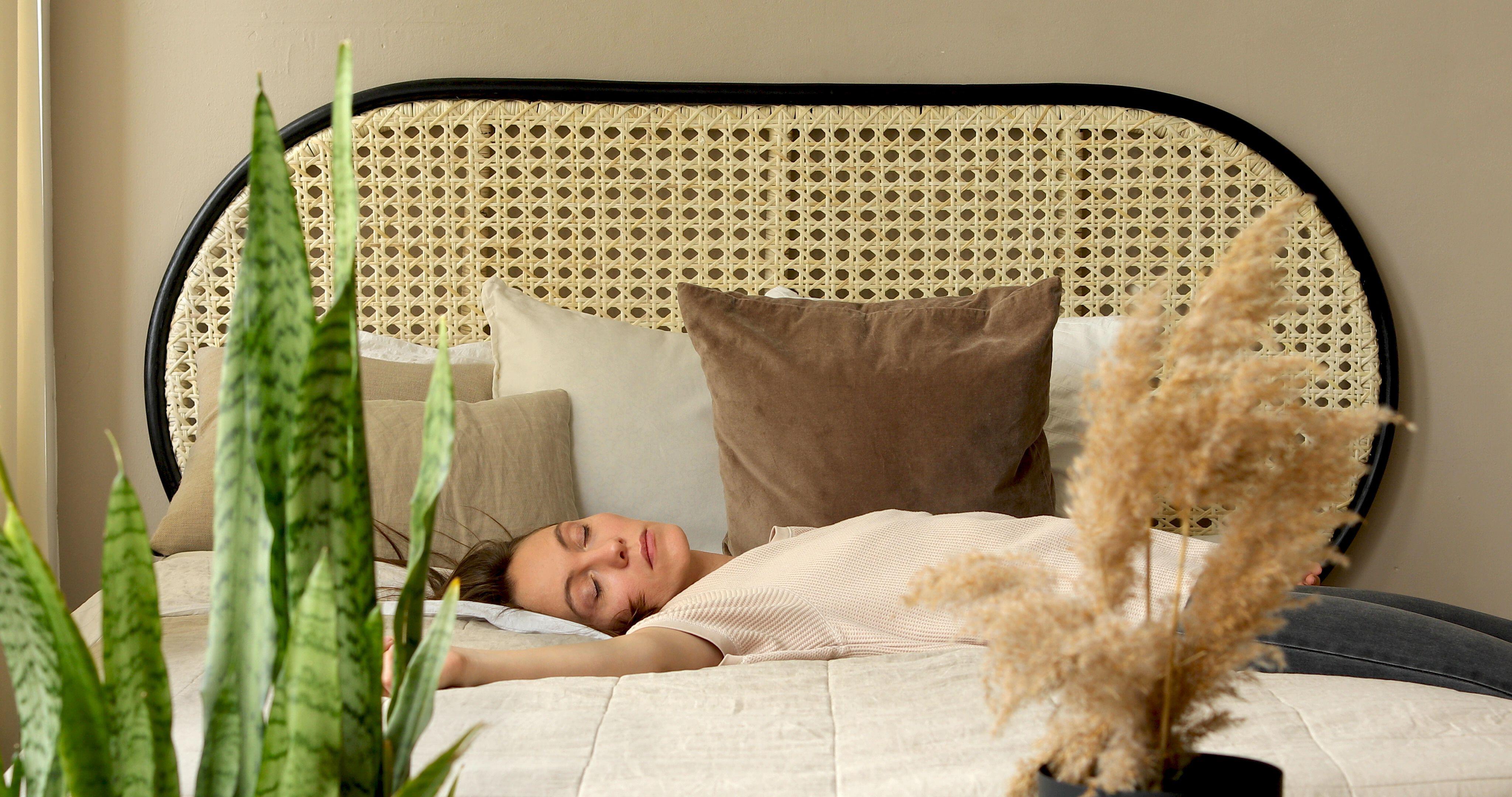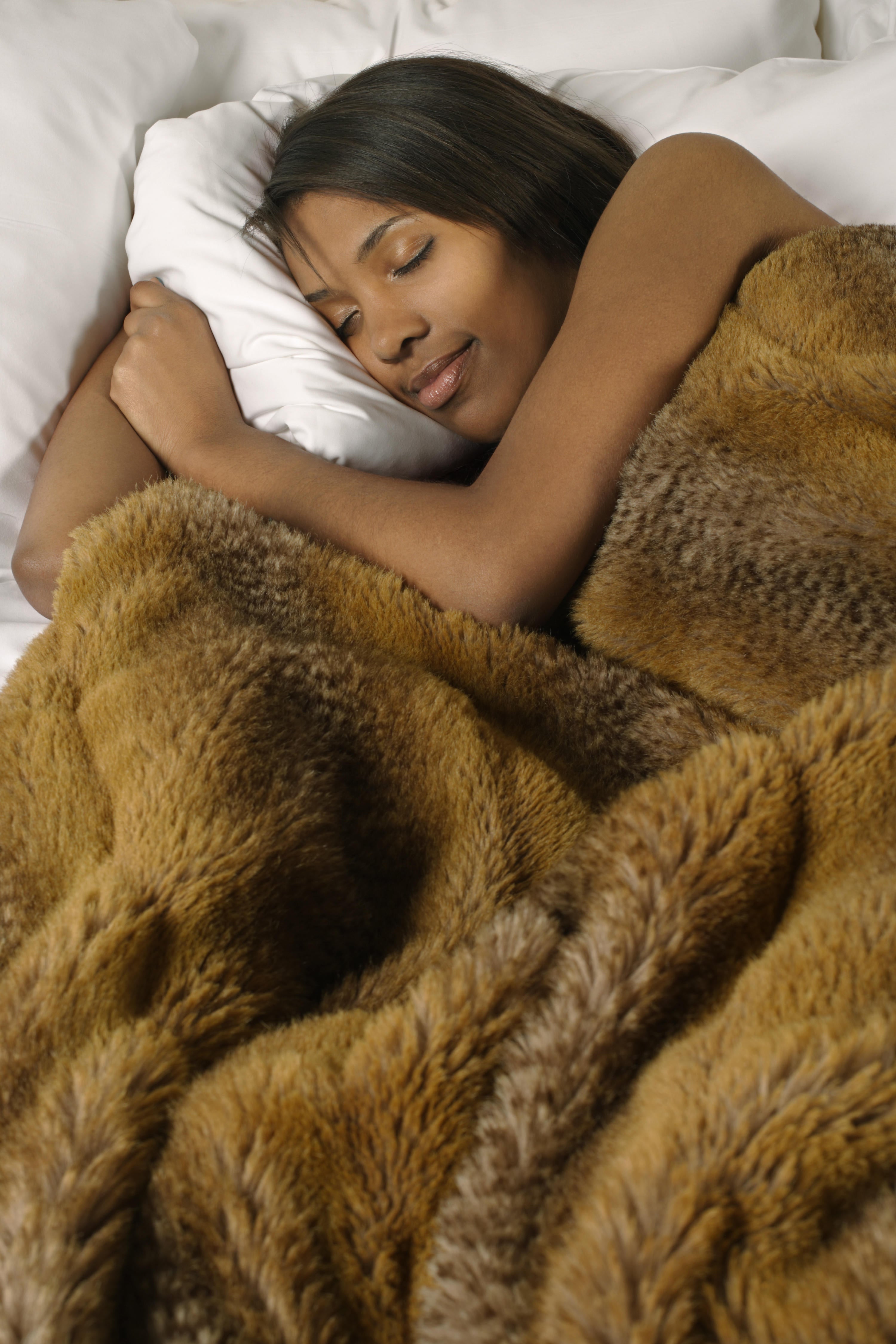This is why the changing season could be affecting your sleep
Fed up with waking up feeling tired and unrested? The shift to autumn really could be to blame, says Imy Brighty-Potts.

Your support helps us to tell the story
From reproductive rights to climate change to Big Tech, The Independent is on the ground when the story is developing. Whether it's investigating the financials of Elon Musk's pro-Trump PAC or producing our latest documentary, 'The A Word', which shines a light on the American women fighting for reproductive rights, we know how important it is to parse out the facts from the messaging.
At such a critical moment in US history, we need reporters on the ground. Your donation allows us to keep sending journalists to speak to both sides of the story.
The Independent is trusted by Americans across the entire political spectrum. And unlike many other quality news outlets, we choose not to lock Americans out of our reporting and analysis with paywalls. We believe quality journalism should be available to everyone, paid for by those who can afford it.
Your support makes all the difference.A change of season can leave us feeling thrown off kilter in all sorts of ways – and if you’ve noticed you haven’t been sleeping as well since autumn started to arrive, you really haven’t been imagining it.
According to GP Dr Hana Patel, our sleep really can be affected by the seasons, and right now our sleep cycles may be changing as we head towards winter.“During the winter, when the daylight hours are less than during summer, the brain is exposed to less light in the evenings – and this means that our body makes more melatonin (the sleep hormone), which affects us by making us feel tired,” Patel explains.
“With less sunlight, there is also less opportunity for the body to make vitamin D,” she adds. “Low levels of vitamin D are associated with decreased immunity, tiredness, joint and muscle aches, and a change in mood.”

Charlie Morley, a lucid dreaming teacher and author of Wake To Sleep (charliemorley.com), notes that “time we want to go to bed and rise is [linked to] our serotonin levels and melatonin”. Towards this time of the year, “our serotonin is reducing earlier because it is darker, and that then changes our internal desire to sleep and makes us feel less rejuvenated when we wake up.”
So if your body’s natural response to the shift in seasons seems to be a bout of grogginess, what can we do to help feel more rested and revived this autumn?
Get outdoors
Morley says it’s important to get outside more and make the most of what daylight there is. “Exposure to natural light is really good for switching on your serotonin receptors. If you wake up feeling groggy, get outside and move your body,” he suggests. “The amount of light you get even on a cloudy day is good for you and better than being inside.”
Keep your bedroom cool

At it gets cooler, you may be tempted to wrap yourself in extra blankets to create the warmest sleeping space possible. But as Morley explains: “You always want a slightly cooler bedroom, ideal conditions for sleep are quite cool. Don’t make your room too warm just because it is getting cooler.”
The best bedroom temperature to support restful sleep is approximately 18.3 degrees Celsius, according to the Sleep Foundation. “This may vary by a few degrees from person to person, but most people tend to have their bedrooms too warm, which can significantly hinder sleep,” says Morley.
Be mindful of your gut
Curling up with a warming bowl of casserole is one of the joys of autumn and winter. But an unhappy gut can be bad news for sleep, so it’s something to keep an eye on if you’re prone to digestion issues.
Dr Patel says: “We also have cravings to eat more stodgy foods when the weather is colder, and that can affect our digestion, especially if foods are fatty and highly calorific. These foods may cause digestive symptoms, such as constipation and heartburn that inhibit our ability to get good sleep.”
Take Vitamin D supplements
Vitamin D was the big buzzword vitamin during the pandemic but it is just as important now, especially as the nights draw in and there isn’t enough sunlight for our bodies to make enough of it (which is why daily vitamin D supplements are recommended during the colder months). And as Morley notes, having sufficient “vitamin D can really help you sleep better”.
Allow yourself more sleep
Being tired is not a weakness, and if you feel like you need more sleep, it is probably because you do. So consider whether it’s worth assessing your bedtime routine, and making sure you’re getting a solid seven to eight hours.
“Give yourself access to more sleep,” says Morley. “We think we can get by on five or six hours but this will impact your wellbeing, particularly in the colder months. And don’t be afraid to nap – so long as it is six hours before bed and no more than 90 minutes.”
Read More: Best Mattresses